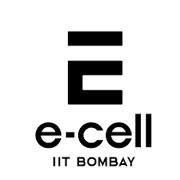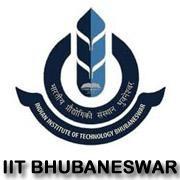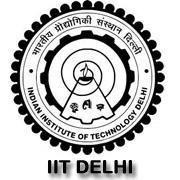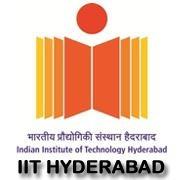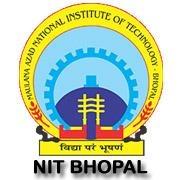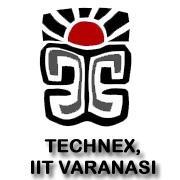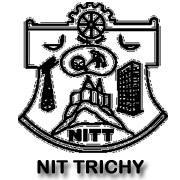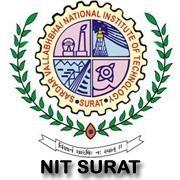Workshop on Embedded & VLSI
Very-large-scale integration (VLSI) is the process of creating an integrated circuit (IC) by combining hundreds of thousands of transistors or devices into a single chip. VLSI began in the 1970s when complex semiconductor and communication technologies were being developed. The microprocessor is a VLSI device. This Workshop majorly focus on VLSI Design. VLSI and Embedded Systems Design Techniques are the main pillar of most of the present research, industrial and commercial activities in Electronics Engineering. This training program focuses on specific design techniques using VLSI Design Tools & Software. It also focuses on embedded system techniques such as Microcontroller Programming.
Topics to be covered in Workshop
Introduction Of Embedded System
- What is Embedded Systems
- Microcontrollers, Microprocessors
- Difference b/w Microcontrollers & Microprocessors
- Applications of Embedded Systems
Introduction Embedded C
- Difference b/w Embedded C and C
- Benefits of C over Assembly language
- Data type and its memory representation
- Arrays
- Operators
- Bit Operators
- Control statements,loops
Embedded Programming and Interfacing Peripherals AVR series Microcontrollers
- Introduction of AVR
- Features and architecture of AVR
- Input /output port
- Memory organisation
- Led blinking Programming concept
- Glowing LEDs in a pattern of your choice
- Controlling Relay by microcontroller
- Intro to LCD
- Interfacing sensor
- Intefacing Motors
Introduction to VLSI
- Introduction to SSI,LSI,VLSI
- Introduction of Discreet Component and IC.
- Electronics Design Advantage of IC
- Why VLSI?
- why silicon?
- Fabrication Step
Introduction Of Digital Electronics Combinational Logic Circuit
- Adders
- Subtractor
- Mux/Demux
- Encoder/Decoder
- Parity checker/generator
- Sequential Logic Circuit
- Flip Flops
- Latchs
- Counters
- Register
Introduction to HDL's(VHDL/VERILOG)
- Introduction of HDL
- Why HDL
- Design Methodologies
- Introduction to VHDL
- Data Types VHDL Design Flow
- VHDL Syntax – Some General Rules
- The Standardization of VHDL
- Libraries and Packages
- ENTITY
- Architecture Body(functionality of entity)
- MODELLING
- STRUCTURAL
- DATAFLOW
- BEHAVIORAL
- MIXED
- Data Objects
- Signals
- Variables
- Constant
- AND ,OR ,NOR,XOR,NOT Gate
Lab session
- HALF Adder
- FULL Adder
- Half Subtractor
- Full subtractor
- Encoder
- MUX
- Decoder
- D Flip Flop
- T Flip Flop
- JK Flip Flop
- Up counter
- Down counter
- Up and down counter
- Ripple counter
- Ring counter
- Shift Register
Duration: The duration of this workshop will be two consecutive days, with eight hour session each day in a total of sixteen hours properly divided into theory and hands on sessions.
Certification Policy:
- Certificate of Participation for all the workshop participants.
- At the end of this workshop, a small competition will be organized among the participating students and winners will be awarded with a 'Certificate of Excellence'.
- Certificate of Coordination for the coordinators of the campus workshops.
Eligibility: There are no prerequisites. Anyone interested, can join this workshop.




